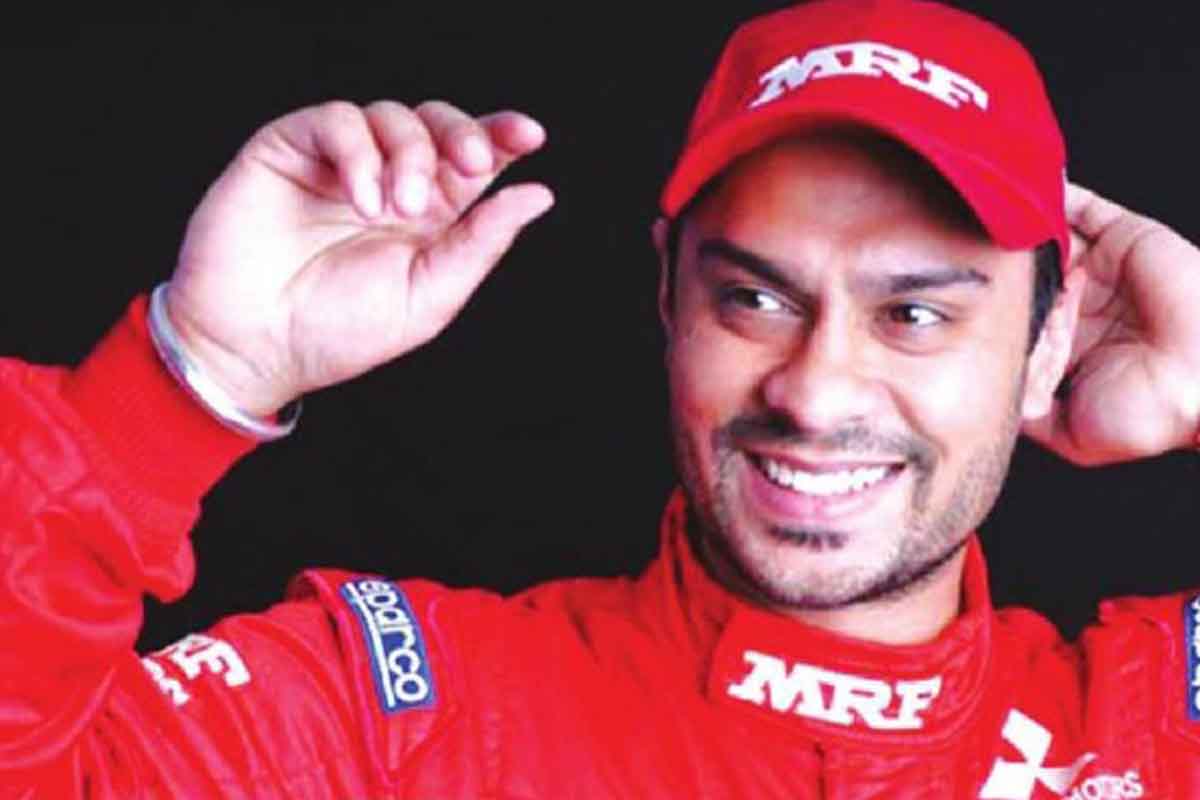Gaurav Gill puts on commendable performance in Rally of Otago
JK Tyre's Gaurav Gill showcased a strong performance in the Rally of Otago, securing a top 3 finish on day 1. He maintained his third position consistently until stage 10.
Our sport has a massive duty structure.

(SNS)
Asia-Pacific Rally Championship (APRC) winner Gaurav Gill created history when he became the first Indian from the field of motorsports to receive an Arjuna Award. Currently, the 37-year-old is prepped for the World Rally Championship in Australia, which will be his second stint in the championship, having participated in it last year, and he hopes to win more accolades for his country.
Gill was recently booked in connection with an accident that killed three persons during the Indian National Rally Championship in Jodhpur. In an interview with NAKSHATRA PAIN, the racer talked about the accident, his love for the sport, the support from his family and the technicalities of rallying.
Excerpts:
Advertisement
Q: Undoubtedly, Formula One is the most popular motorsport. So, what made you keen on rallying?
A: I was always keen on rallying because I saw my uncles driving rally cars and rallying across the country. I was so fascinated about rallying because the discipline of the sport is more difficult to maintain than any other form of motorsport. You have to drive for days, and nothing stops for you. You have to go through heat, mountains, ice, sandstorms and what not! But it does not matter, because you must drive as fast as you can, wherever you are.
Q: How much of a support has your family been to you?
A: My mother always said that whatever you do, you have to do it in the best way possible. So, she said to me that either I win, or I don’t come home! I come from a sporting background, and she has been very strict about these things. So, I had that kind of an environment in the house that helped me be the man I am today.
Q: Your sport demands a lot of endurance.How do you deal with it?
A: Rallying is a very tricky and unique sport. You must be stronger mentally than physically. When you are in the car, you are dealing with the heat in the car. Then you are also dealing with terrain which might change every kilometre. Also, you are dealing with your co-driver who is giving you pace notes. And all this while you are driving at 200 km/h. It is also very physically demanding because a lot of G-force is applicable on you. You must sit for hours on end. We work on the cars ourselves. If there is any damage, I have to repair it myself. During the cross-country rallies, the big Mahindra tyres weigh 48 kilos. I have to make sure I pick it up and change it within two minutes. So, you must be strong.
Q: How can one ensure foolproof safety of everyone, including common people, in and around race-tracks in the racing events being organised in India? You yourself went through a terrible mishap in the Indian National Rally Championship in Jodhpur.
A: We are always looking at ways to improve safety but it is a work in progress. In events like rallying, the organisers will have to take steps and inform and educate the people around the place regarding the race and its nitty-gritty. There is no choice but to be at your fastest in rallying. So, the organisers need to be in control of the situation because the driver is entirely focused on the race.
Q: How do you train for a race?
A: I do a lot of high-intensity training, where my heart rate is up for a long time. I practice controlling that. Also, I do a lot of training with my suit on, sitting in the sauna. I do not have as much exposure in the rally car as the European guys get. So I have the make the best of it in the Indian way. My suit is about the same thickness as four jeans. So, imagine wearing that, sitting in the sauna and going out for rallying. Sometimes I lose about seven kilos of weight while rallying. And I drink up to 20 litres of water a day in such situations, to keep myself hydrated.
Q: You became the first Indian racer to win the Arjuna Award. Do you think this will pave the way for other potential racers?
A: Our sport has a massive duty structure. If a helmet costs a lakh, by the time it reaches your place, it becomes three lakhs. So, how many people can afford it? Unfortunately, this sport can never cater to the masses. But, I feel, because of the Arjuna Award, a support structure might be formed. The auto industry would realise that there is future in this sport. When people will look up to motorsport drivers as heroes, then the change will occur. It will take time, because it’s still a small sport.
Q: How are your preparations for the World Rally Championship?
A: I have had very good testing over the last few days. I have made a lot of changes to the chassis and the handling of the car, and I have a good feeling about the new car. I can’t wait to start the rally; since I’ve been here and have had top times in the past, I’m confident of a positive result. I’m loving all the support from rally fans in India as well as many well-wishers on social media.
Advertisement